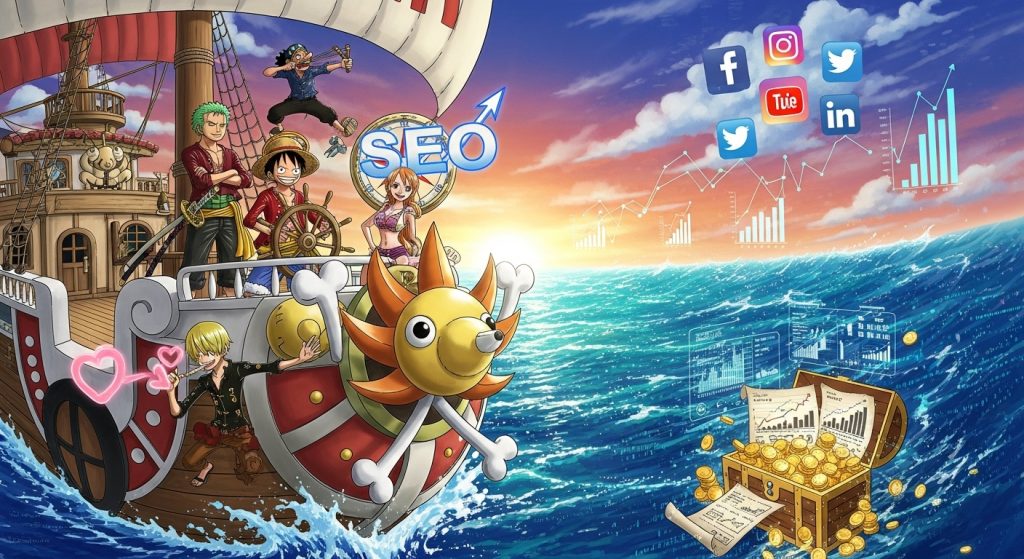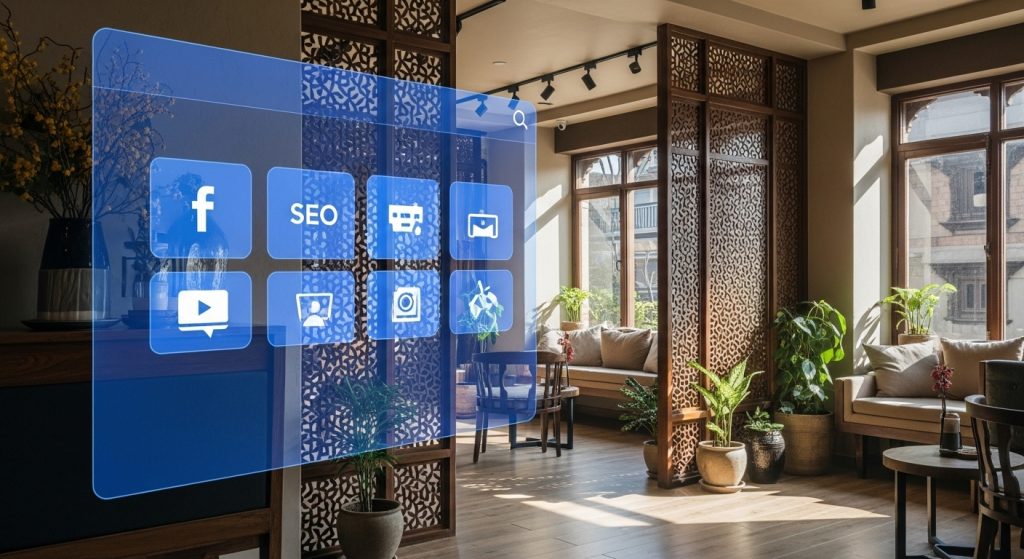The digital marketing landscape is a dynamic and ever-evolving arena, constantly shaped by technological advancements, shifting consumer behaviors, and innovative strategies. To stay ahead of the curve and maintain a competitive edge, marketers must not only adapt to current trends but also anticipate future shifts. As we look towards 2025 and beyond, several key trends are poised to redefine how brands connect with their audiences. This guide explores the future of digital marketing, highlighting the trends you need to watch and integrate into your strategy for sustained success.
Artificial Intelligence (AI) and Machine Learning (ML) will continue to revolutionize digital marketing. AI-powered tools are already enhancing various aspects, from personalized content recommendations and predictive analytics to automated ad bidding and customer service chatbots. In the future, AI will enable even more sophisticated personalization at scale, allowing brands to deliver hyper-relevant experiences across all touchpoints. ML will refine audience segmentation, optimize campaign performance in real-time, and provide deeper insights into consumer behavior. Marketers who embrace AI and ML will gain a significant advantage in efficiency and effectiveness, freeing up human marketers to focus on strategy and creativity.
Hyper-personalization and customer experience (CX) will become even more critical. Generic marketing messages are increasingly ignored. Consumers expect brands to understand their individual needs and preferences, delivering tailored content, product recommendations, and offers. This goes beyond basic personalization; it’s about creating a seamless, intuitive, and delightful customer journey across all channels. Brands will invest heavily in data analytics and CRM systems to build comprehensive customer profiles, enabling them to anticipate needs and provide proactive support. A superior CX will be a primary differentiator, fostering loyalty and advocacy.
Video content will continue its dominance, with short-form video and live streaming leading the way. Platforms like TikTok and Instagram Reels have cemented the power of short, engaging video clips. Brands will increasingly leverage these formats for quick brand messages, product showcases, and behind-the-scenes content. Live streaming, whether for product launches, Q&A sessions, or interactive events, offers an authentic and immediate way to connect with audiences. The rise of shoppable video will further blur the lines between content and commerce, allowing consumers to purchase products directly from video streams. Investing in high-quality, engaging video content will be non-negotiable.
The Metaverse and Web3 technologies will open new frontiers for digital marketing. While still in nascent stages, the Metaverse (a persistent, interconnected virtual world) and Web3 (decentralized internet built on blockchain) present unprecedented opportunities for immersive brand experiences, virtual events, and digital asset ownership (NFTs). Brands will explore creating virtual storefronts, hosting virtual concerts, and offering unique digital collectibles. Early adopters who experiment with these emerging technologies will position themselves as innovators and capture the attention of a tech-savvy audience. Understanding blockchain, NFTs, and decentralized autonomous organizations (DAOs) will become increasingly relevant for future marketers.
Privacy-first marketing and data ethics will take center stage. With increasing consumer awareness and stricter regulations (e.g., the deprecation of third-party cookies), brands must prioritize privacy and build trust through transparent data practices. Marketers will shift towards first-party data strategies, focusing on collecting data directly from their customers with explicit consent. Contextual advertising, which places ads based on the content of a webpage rather than user data, will see a resurgence. Brands that demonstrate a strong commitment to data privacy and ethical marketing will build stronger relationships with their audience and gain a competitive advantage.
Influencer marketing will evolve beyond mega-influencers to micro and nano-influencers. While celebrity endorsements still have their place, consumers are increasingly seeking authenticity and relatability. Micro and nano-influencers, with smaller but highly engaged and niche audiences, offer a more genuine connection and often higher conversion rates. Brands will focus on building long-term relationships with these authentic voices who truly resonate with their target demographics. The emphasis will be on co-creation of content and genuine advocacy rather than transactional endorsements.
Sustainable and purpose-driven marketing will gain more prominence. Consumers, especially younger generations, are increasingly making purchasing decisions based on a brand’s social and environmental impact. Brands that genuinely integrate sustainability and social responsibility into their core values and communicate these efforts transparently will resonate more deeply with their audience. Digital marketing campaigns will highlight a brand’s commitment to ethical practices, fair trade, and environmental stewardship. Authenticity in purpose-driven marketing is key; greenwashing will be quickly exposed. The future of digital marketing is not just about selling products, but about building meaningful connections and contributing positively to the world.


